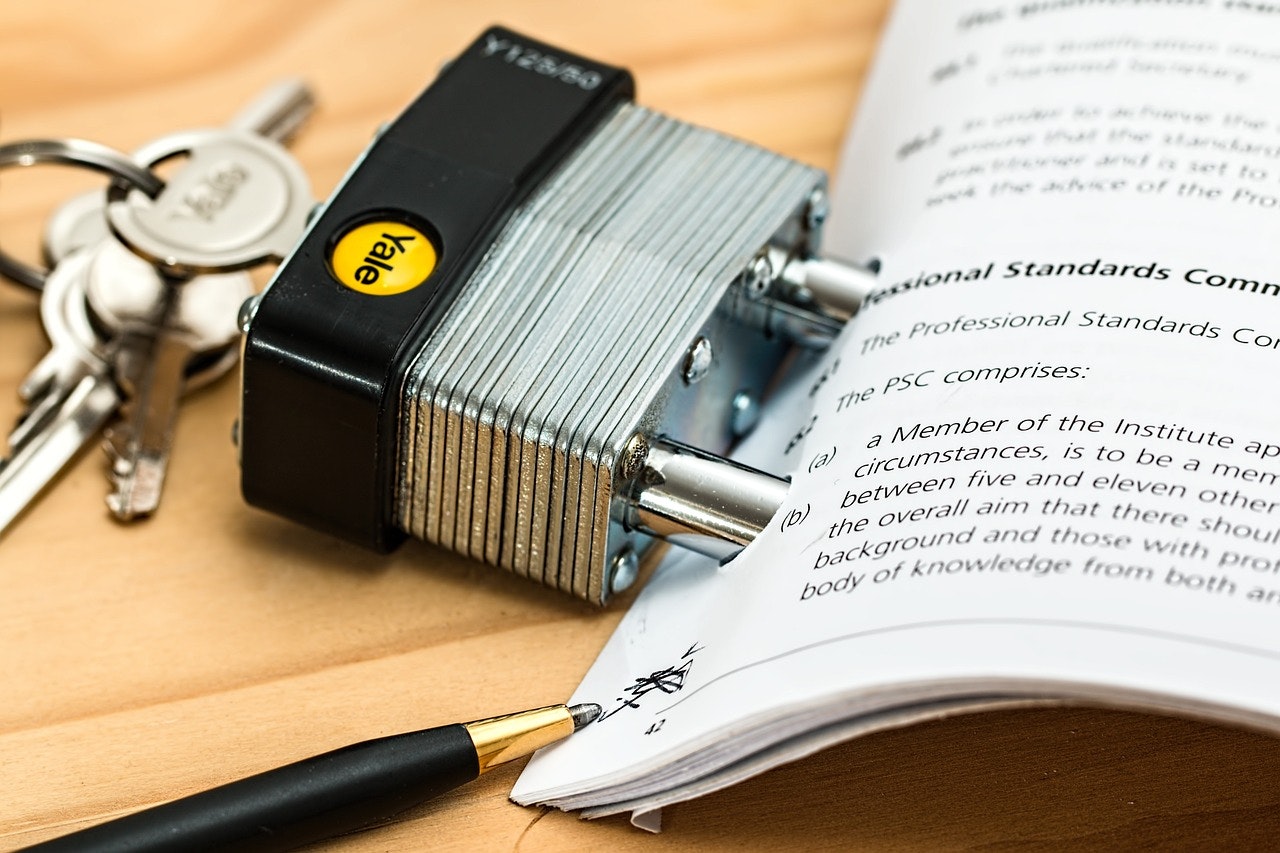Psychology and the Hesitation to Purchase Insurance
Have you ever meant to purchase life insurance but found yourself putting it off time and again? You're not alone. It's a common scenario, full of good intentions yet stalled by various hurdles along the way. Many of us have experienced this delay, and it's important to understand that the hesitation often stems from something deeper than mere procrastination or neglect.
Let’s explore the psychology behind underinsurance. By recognizing these psychological patterns, you can take informed and confident steps toward securing your financial future.
Normalcy Bias
Normalcy bias refers to the belief that things will continue to be as they have always been. This mindset can prevent us from preparing for unlikely yet possible emergencies. Many might skip buying insurance because things have always been fine, believing disasters are unlikely to strike them. Recognizing this tendency can help us better understand why taking action feels unnecessary until it's too late.
Cost Misperception
Did you know that 72% of Americans overestimate the cost of life insurance? Many avoid purchasing it because of this incorrect assumption, thinking it’s far more expensive than it actually is. However, insurance policies are often more affordable than people realize, which can be a key inhibitor removed by simply getting a quote or doing some research into options available.
Optimism Bias
Optimism bias is the inclination to believe that negative events are less likely to happen to us than to others. It's a common mindset that can lead to delaying or avoiding the purchase of life insurance. We tend to think we're less at risk for serious situations like illness or loss, and this belief can undermine proactive financial planning.
Recognizing these psychological tendencies is the first step toward overcoming them. Once you're aware, you can begin taking proactive steps, like reaching out for quotes, looking into different policy options, or simply starting a conversation about life insurance. By understanding and addressing these biases, you can move toward a more secure future for yourself and your loved ones.














































































